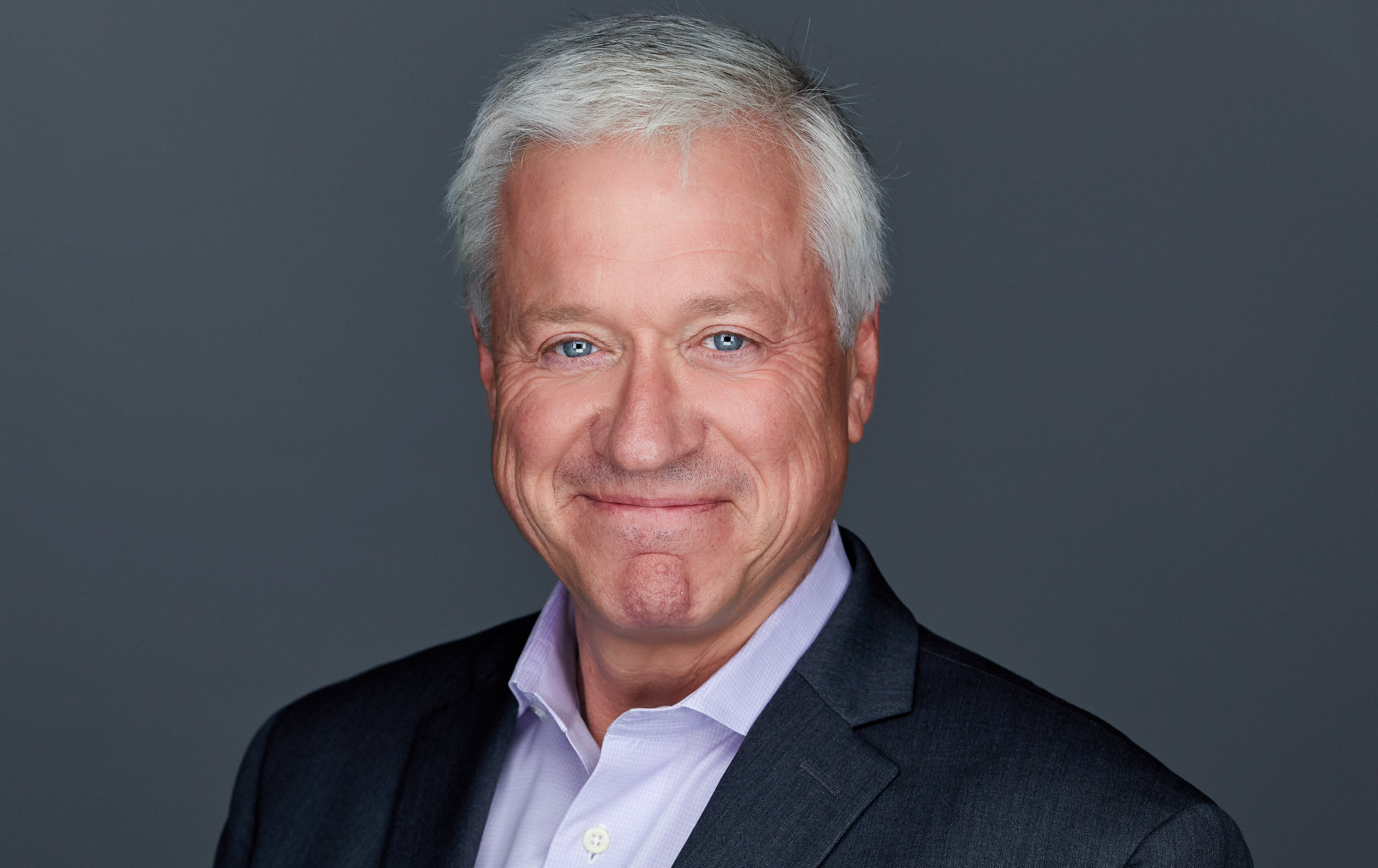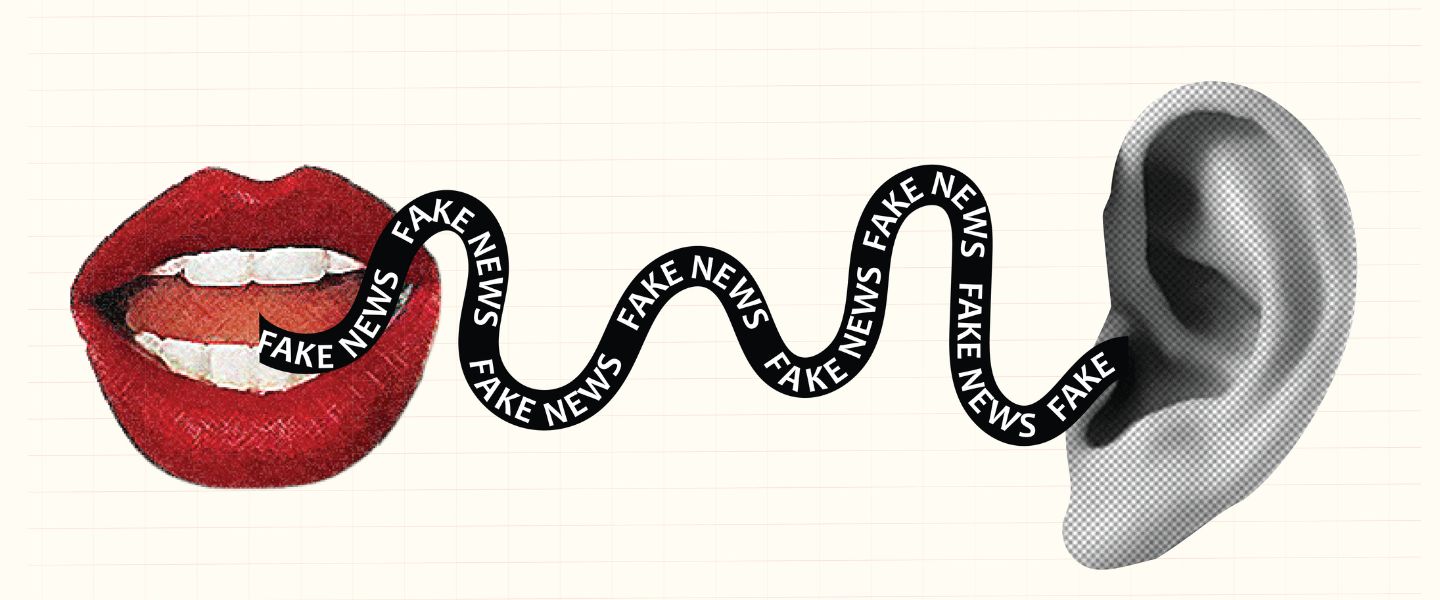
Why your personal brand matters
How people engage with you is shaped by your brand. If you are known to be reasonable, pragmatic, and strategic, they will want to work with or for you. But if you...

by Michael D. Watkins Published October 5, 2021 in Brain Circuits • 2 min read
Many executives place far too much stress on themselves and their teams as a result of what psychologists call “unrelenting standards” – the constant pressure to achieve impossibly high levels of performance. For these leaders, excellence is not enough, only perfection will do. They find it difficult to find satisfaction in their accomplishments, no matter how great; they don’t express enough appreciation to their teams for what has been accomplished; and they demonstrate little understanding of normal human limitations. As a result, they can discourage and demotivate their people.
Like many dysfunctional patterns of behavior, unrelenting standards are usually the result of early childhood experiences, in this case of gaining acceptance through performance. Over time, this becomes internalized as a “voice” reminiscent of a demanding parent driving you relentlessly.
To determine if you have unrelenting standards, ask yourself where you stand on the following statements and answer on a scale of one to six with the numbers corresponding to these answers:
The statements
Add up your numbers. If your total is greater than 20 or you answered two or more questions with 5s and 6s you probably have unrelenting standards.
If you have revealed this type of tendency, it is important to identify what triggers this behavior in you and examine how frequently it occurs. The next step is to learn how to manage it in ways that will help you become a better leader.
Further reading:

Professor of Leadership and Organizational Change at IMD
Michael D Watkins is Professor of Leadership and Organizational Change at IMD, and author of The First 90 Days, Master Your Next Move, Predictable Surprises, and 12 other books on leadership and negotiation. His book, The Six Disciplines of Strategic Thinking, explores how executives can learn to think strategically and lead their organizations into the future. A Thinkers 50-ranked management influencer and recognized expert in his field, his work features in HBR Guides and HBR’s 10 Must Reads on leadership, teams, strategic initiatives, and new managers. Over the past 20 years, he has used his First 90 Days® methodology to help leaders make successful transitions, both in his teaching at IMD, INSEAD, and Harvard Business School, where he gained his PhD in decision sciences, as well as through his private consultancy practice Genesis Advisers. At IMD, he directs the First 90 Days open program for leaders taking on challenging new roles and co-directs the Transition to Business Leadership (TBL) executive program for future enterprise leaders, as well as the Program for Executive Development.

9 hours ago • by Cindy Wolpert in Brain Circuits
How people engage with you is shaped by your brand. If you are known to be reasonable, pragmatic, and strategic, they will want to work with or for you. But if you...

February 17, 2026 • by Stefan Michel in Brain Circuits
Many of us still equate gaming with dudes playing video games like Grand Theft Auto in a basement. In fact, as Bastian Bergmann told Stefan Michel in a recent I by IMD Book...

February 12, 2026 • by Francesca-Giulia Mereu in Brain Circuits
Beige gets a bad rap from brand consultants, but when you’re stressed, it’s hard to think clearly: you need to return to neutral first. To reset your nervous system, try going back...

February 11, 2026 • by Stefan Michel in Brain Circuits
Drawing on his recent IMD podcast with Amar Bhidé, IMD Professor of Management Stefan Michel debunks longstanding misconceptions about entrepreneurship....
Explore first person business intelligence from top minds curated for a global executive audience